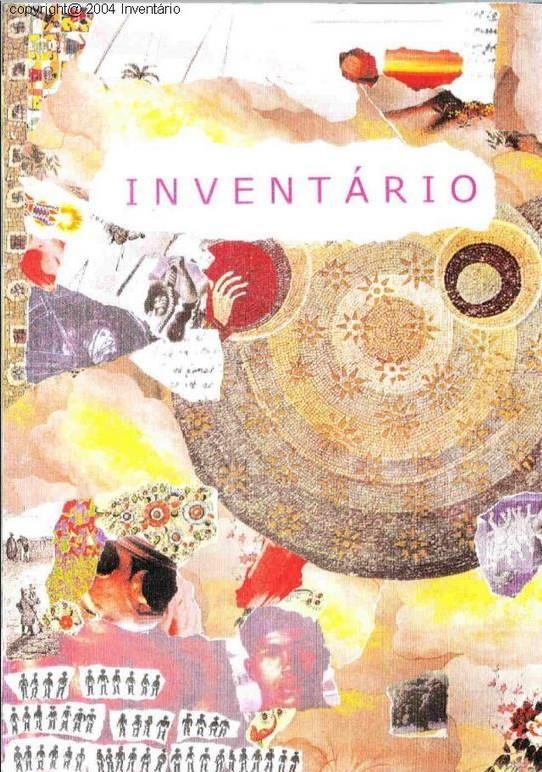CONGO (2021), DE MICHAEL CRICHTON
An analysis from Animal Rights
Abstract
Throughout his literary career, american writer and screenwriter Michael Crichton (1942-2008) devoted himself to exploring a wide range of themes related to the Anthropocene. Amidst his extensive biography, the work Congo (1980 [2001]) stands out for challenging the anthropocentric view by addressing, among other subjects, animal rights. The plot, set during an expedition to the African forest that gives the work its name, features Amy as the catalyzing character for this theme, a mountain gorilla endowed with human behaviors, notably her ability to communicate through American Sign Language (ASL). Despite being originally published almost fifty years ago, Congo (1980 [2001]) remains relevant by addressing universal issues resonating contemporaneously, primarily through the exploration of ethical dilemmas linked to scientific research in a society increasingly sensitive to animal treatment. In this context, the present article seeks to contribute to studies investigating the representation of animal rights in literature, focusing on identifying key points that explore issues related to this theme throughout the narrative, influenced by the thoughts of Peter Singer and Tom Regan. Thus, the narrative analysis reveals issues such as wildlife trafficking, challenges surrounding zoos, and, most notably, the use of non-human animals in scientific experiments. In conclusion, we establish a debate on how Congo (1980 [2001]) serves as an interesting means of reflection on the complex interactions between humanity and the animal kingdom.







